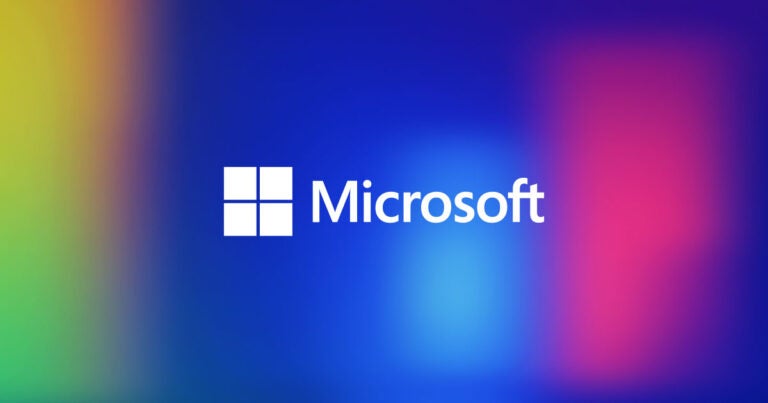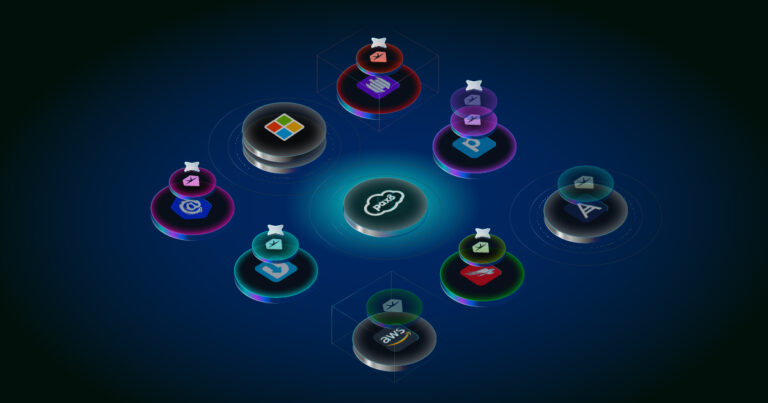New challenges require new solutions.
There’s no doubt about it anymore – remote work is here to stay. As we finally start to plan for a post-pandemic future, many companies are moving forward with a remote workforce in some capacity, with some choosing to forego an office space entirely and remain 100% remote.
The last 14 months have allowed companies to adjust to many of the challenges of the new remote world – from implementing the right communications solutions to making sure new security and continuity concerns are taken care of. But there’s more to work than technology, and one area that organizations are still trying to figure out is how to support the wellbeing of their employees in remote settings.
While many workers have enjoyed the freedom and flexibility of going remote, many have also faced challenges that have made it difficult for them to be their most happy and productive selves. These new issues are numerous, complex, and unlike many of the traditional problems organizations are accustomed to assisting with. As remote work continues, a more modern people operations approach will be necessary to help employees overcome these obstacles and maintain their wellbeing.
Here are some of the most important ways you can support employees in the new remote world.
Understand the problems and be flexible.
The first step to providing workers with the resources they need is to understand that everyone is experiencing remote work differently. When everybody worked in the office, conditions were similar for everybody – everyone was in the same space with the same people, and the domain of people operations was clearer. Now, every employee works in a completely unique environment with different conditions and, for some, their situation may not be ideal.
So how do you know when somebody needs help? Sometimes we forget that it’s as easy as just asking them. You can help by engaging with managers and making sure that they are not just allowing their team members to communicate what they are going through, but also actively checking in to see how they’re doing and if they need any help.
HR and managers should also work together to come up with unique solutions for each employee’s needs. One-size-fits-all policies aren’t going to work here – instead, be flexible and willing to try different ideas to find what works best for each situation.
Accommodate for families.
One of the most important considerations you should be aware of is the different family situations employees may face during remote work and how it impacts their lives.
In many cases, workers are struggling to find or afford proper family care, making their work-from-home routine a difficult balancing act between work and caring for their children, parents, grandparents, or other relatives and loved ones. As a modern people operations team, you should acknowledge the extra strain this can put on employees and explore creating or adopting resources that can help assist.
Whether it’s finding a service that can offer discounted or subsidized family care or working with that employee to figure out a more flexible schedule, there are many options to help make life easier for working families.
Provide and promote mental health resources.
Even as the threat of COVID-19 declines, we’re seeing a lasting impact of the pandemic on mental health. The stress, grief, and overall turmoil of the last year have taken their toll on many – as has the isolation that comes with living a quarantined life. The CDC reports that between August of 2020 and February of 2021, the percentage of people showing symptoms of an anxiety or depressive disorder have increased from 36.4% to 41.5%.
In the middle of this mental health crisis, your people operations team needs to respond by exploring, creating, and promoting as many resources as possible to assist workers that are struggling. Here are some good examples:
– Employee Assistance Program (EAP) services to help employees receive assessments, counseling, or referrals for a wide range of issues including mental health.
- Additional paid time off for mental health days.
- Flexible accommodation for scheduling.
- Discounts, subsidies, or stipends for wellness services like yoga courses, meditation apps, and gym memberships.
It’s important to not only have these resources available, but to promote them often to make sure employees are aware of their options. If you don’t, your employees may not get the help they need, and the costs of lost productivity and increased medical insurance use will start to add up for your organization.
Lead by example.
Unfortunately, even when employees are aware of resources that can help them, they may remain hesitant to use them if they feel like it will reflect negatively on them or that no one else is using them. This is why it’s important for managers and all higher-ups to practice what they preach – to show their team members that it’s okay to take some time off for mental health or to make use of the resources available. It’s an excellent way to encourage your team to take the steps they need to overcome whatever troubles they may face.
Be Prepared for the Future
By now, we’re all tired of hearing phrases like “unprecedented times,” but that doesn’t make them any less true. We live in an age of rapid and unpredictable change, and it’s hard to have a clear idea of what the future of work will look like. The one thing that is certain is that your people operations approach cannot remain stagnant.
Adopting a modern people operations mindset means being prepared for whatever the future may hold and understanding that you have to be flexible to meet the needs of an ever changing workforce. It all starts with the culture you choose to build.





